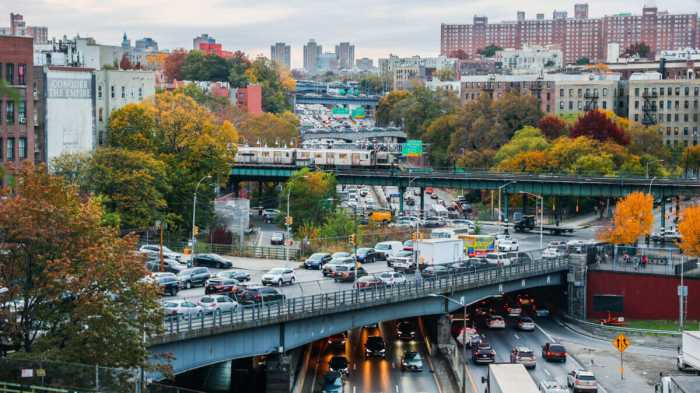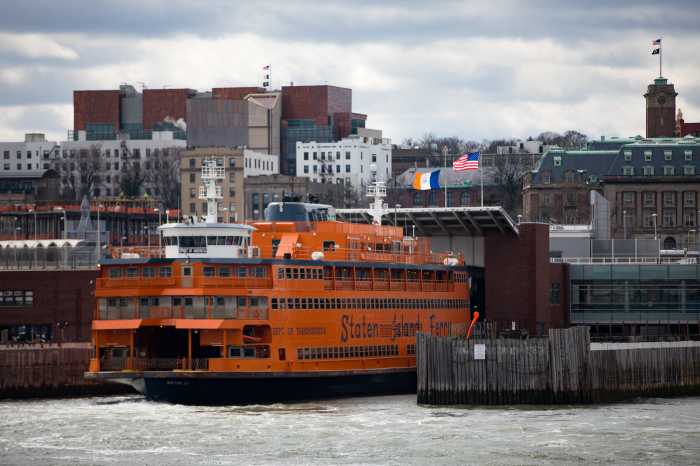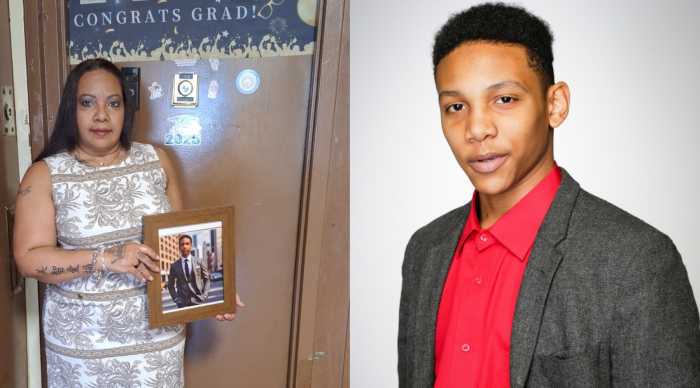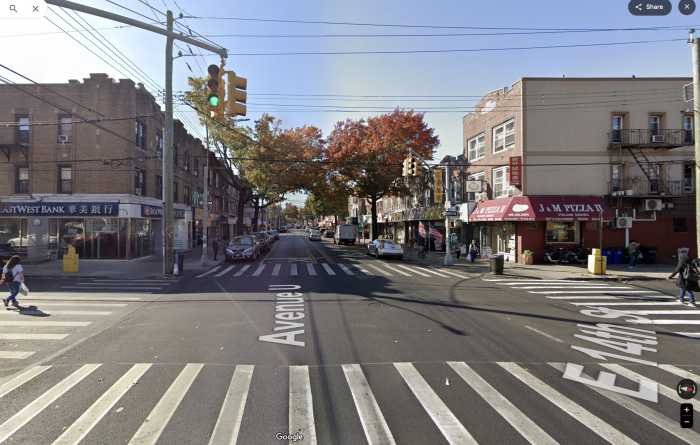
Facing a billion-dollar budget gap through 2021, members of the MTA board on Wednesday vowed to significantly restructure the authority to save money.
The promises came as the board voted to approve a $17 billion budget for 2019 — a budget that slates yet another fare and toll hike in March — even though board members agonized over what they described as the Metropolitan Transportation Authority’s bloated bureaucracy and misspending.
“This is not going to go on like this — it can’t go on. And I think this board very soon is facing a situation where we are going to have to have massive restructuring of the MTA,” said MTA board member Andrew Saul. “There’s no question about that. You see it coming before us.”
The fare and toll hikes could potentially raise MetroCard rates to $3 and Long Island Rail Road tickets by as much as $15 a month — the sixth such raise since 2009. While the board is scheduled to vote on the details of a fare hike next month, there’s still uncertainty as to whether the increases will actually happen.
Elected officials at both the state and New York City level, including Gov. Andrew Cuomo and Mayor Bill de Blasio, have voiced opposition to the hikes, and it was not clear to the board Wednesday if Cuomo and the state legislature would use their power to create a new revenue source for the MTA, allowing the board to avoid increasing fares, which are expected to bring in $269 million in revenue next year.
Acting chairman Fernando Ferrer said it was too early to discuss fare and toll hikes, even though they are now budgeted to take place in less than three months. Until the MTA finishes its public engagement on the fare hikes, it “really is inappropriate to talk about any of that,” Ferrer said, when asked if Cuomo has indicated he could step in to stave off a hike. “We passed the budget today as we are required to do by law and then we’ve got to consider all these options.”
Patrick Muncie, a spokesman for Cuomo, reiterated that the governor supported congestion pricing to help fund the MTA, but offered no response to questions about whether Cuomo would intervene to stave off the hikes.
"Governor Cuomo continues to believe congestion pricing is the most viable option to fund the overhaul of the MTA," Muncie said in a statement. "As the governor has said, there should be no fare increase until riders get the service they deserve."
Board member Veronica Vanterpool and others criticized the MTA’s budget process for that very reason. The MTA’s fiscal year is not aligned with either the state’s or the city’s, meaning that the MTA board has to approve a budget based on assumptions, without knowing what, if any, new money could come from lawmakers’ actions.
If the MTA board decided not to implement fare hikes and wait for Albany, the MTA would lose roughly up to $30 million each month until that revenue is actualized.
“We are not doing enough as a collective body to push harder to reform the operating practices and polices and actions of this agency. We still have so many outstanding issues — fare evasion, cost containment, procurement reform — and yet we are still faced with this critical decision” to approve a budget, said Vanterpool, who has submitted a resolution to change the fiscal year of the MTA to more closely align with the state and city.
On cost reforms, Saul couldn’t fathom why the Metro-North and Long Island Rail Road hadn’t been consolidated into one entity. Others expressed interest in finding cuts through labor efficiencies and MTA’s means of bidding out projects.
The lengthy debate on the budget was cut short when Larry Schwartz, the board member who heads the Finance Committee, called for a vote. He teared up as he explained that he was late for a medical procedure, but promised to spearhead a change to the status quo at the authority. The board approved the budget, with Vanterpool and fellow board member Carl Weisbrod abstaining.
To outsiders, the fare and toll hikes appear likely, while substantive change at the MTA seems less so.
“Without actually using the leverage of the vote I don’t think much of what they said will go anywhere,” said Nicole Gelinas, of the Manhattan Institute. “[Members of the board] say ‘this is unsustainable.’ But then they still approve the budget and this is the only real leverage that they have, but they don’t use it.”
Gelinas said the board has not had meaningful conversations on cost reforms, pointing to rising labor costs, specifically. She accepted the necessity of the hike for 2019 and said new revenue sources should be directed toward capital, not operating expenses.
“The big open question is, does the governor swoop in to try to issue a new revenue source to avoid the fare hike?” She said. “But I think that would actually be a bad thing, because that new revenue would go to ever growing operating costs and not toward a better subway system”





































